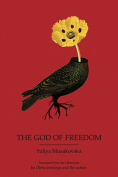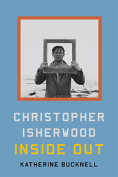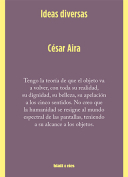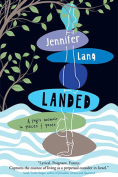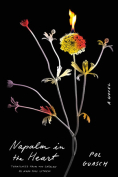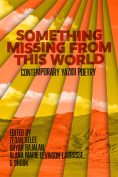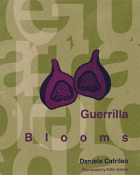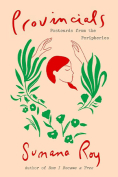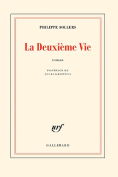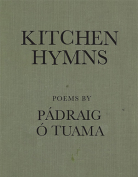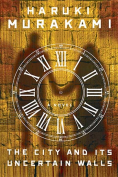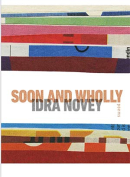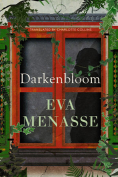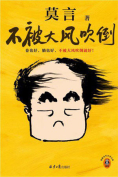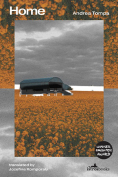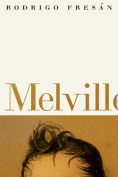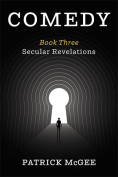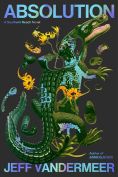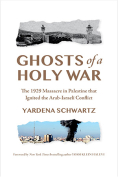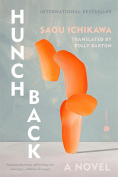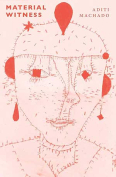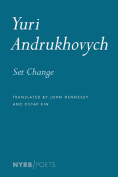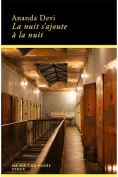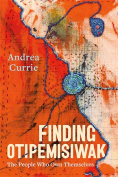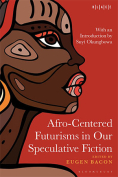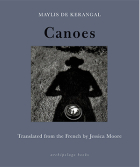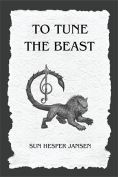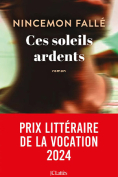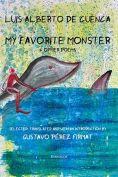Something Missing from This World: Contemporary Yazidi Poetry
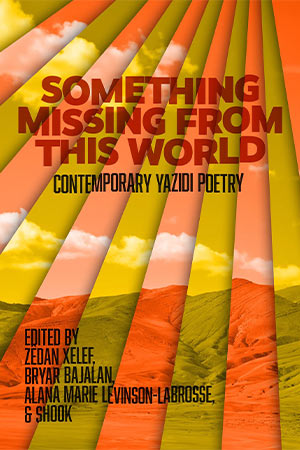
Dallas. Phoneme Media / Deep Vellum. 2024. 225 pages.
“In the camp’s kindergarten / I asked each child to draw something missing from this world,” a poem begins in this new anthology of Yazidi poetry. “Each child drew themselves!” In this titular poem, Zêdan Xelef, a poet, translator, and one of the editors of the collection, describes scenes from a kindergarten in a camp for internally displaced people, capturing the struggles, exasperation, and resilience of Yazidi children and adults while they wait as refugees for whatever their next steps are.
Something Missing from This World draws on poetry written in multiple languages and translated into English by eleven Yazidi poets who survived the genocide by the Islamic State. Yazidis practice their own monotheistic religion, Yazidism, and have faced continuous persecution since the spread of Islam in the seventh and eighth centuries. In 2014 the Islamic State seized control of Shingal (also known as Sinjar), a city in Iraq with a majority Yazidi population, murdered five thousand Yazidi men, and forced seven thousand Yazidi women and girls into sex slavery. Four hundred thousand Yazidis were forcibly displaced. Many still live in camps today.
This anthology documents the experiences of many Yazidis, who now live in different parts of the world. The reader is taken from camps for internally displaced people to life before and life after the genocide. There are everyday scenes that could be anywhere, such as how Sahba Dexîl writes, “Our home boasts a big, beautiful clock / Made in China / We drape it in old-fashioned cloth.” There are also descriptions of the dismal tedium of life in the camps, such as in Janan Dakhil’s “How Can I?”: “In my homeland / only the tent witnesses / How miserable the walls are / With nothing to lean on / My sorrow outgrows my tent / I belong to winter / And boredom finds its dwelling within me.”
In her 1993 introduction to the anthology Against Forgetting: Twentieth-Century Poetry of Witness, Carolyn Forché defines “poetry of witness” as existing between the personal and political, written by poets who have endured extreme conditions, from exile and censorship to war and torture. Something Missing from This World is poetry of witness—a collection that bears witness to a genocide but also acts as a testament to the resilience of a people in the face of horrific circumstances. (Editorial note: Forché’s interview on the poetry of witness, “‘An Inexhaustible Responsibility for the Other,’” appeared in the January 2017 issue of WLT.)
Carol Rose Little
University of Oklahoma

